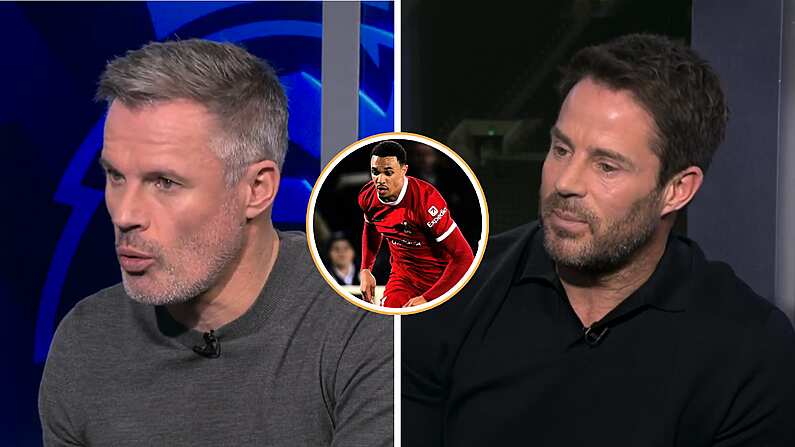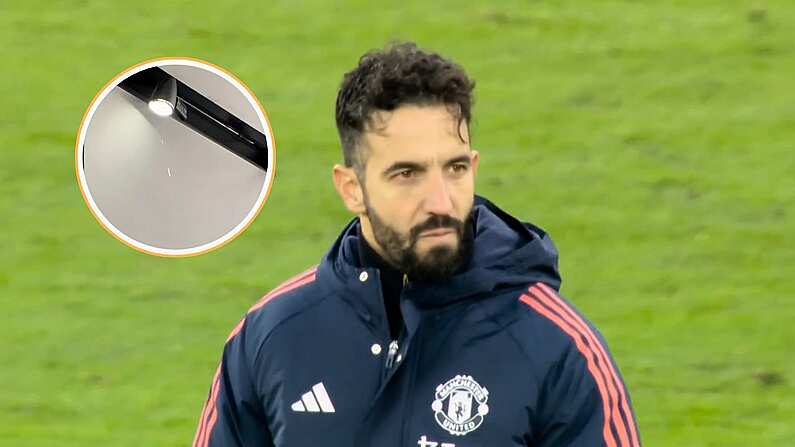A novelist called Walker Percy once went to the Grand Canyon. He tried to see it, but he couldn’t. It wasn’t that he hopped off the bus and then managed to face the wrong way, gawping at a ‘Welcome to the Grand Canyon’ sign and ignorantly proclaiming it to be the greatest tourist-trap of all time.
In fact, he claims that very few people actually ever see the Grand Canyon, in the full interpretation of the word.
When a sight-seer hops off a tour bus at the Canyon, he/she will usually do two things. The first is to say 'wow, it looks exactly like it does in photographs’. He/She will then take a photograph of it.
Why take a picture? When a tourist takes a photograph, they are not thinking of how beautiful the Canyon looks. He/She is thinking of his/her future self, looking back at the picture. It is a case of ignoring the present and deferring to the future.
Percy puts it as instead of the "sovereign knower confronting the thing to be known, he waives his right of seeing and knowing and records symbols for the next forty years".
It is essentially a failure to live in the moment. Instead of embracing the present, we thrust a camera between us and a real-life experience to make sure we have a nice picture in thirty years' time.
It is a culture that affects football.
***
It is somewhat understandable to take photographs of the Grand Canyon rather than reflect upon your experience there: it is largely static; any change is influenced by the processes of weathering and erosion and as a result, utterly imperceptible.
To do this at a football match, however, is absurd, considering that at a football match – with the possible exception of John Terry – everything changes at a much faster rate than anything influenced by the processes of erosion. Rapid change is the point of the entire spectacle. Yet many people seem obsessed at capturing moments form the game on their phones.
A Google search of 'Football Fan Footage' yields almost eleven million results. Fan footage of sporting events is a strong tenet of the Snapchat business model, inviting fans to share their experience of games world-wide.
This is, of course, a superlative crock of shit. The fan, by broadcasting their spurious idea of their experience at this game in a bid to s̶h̶a̶r̶e̶ ̶t̶h̶e̶i̶r̶ ̶j̶o̶y̶ make everyone else jealous, is ignoring the experience and looking at their phone. This means they are having the same experience as those in which they are trying to incite envy.
This trend reached an evolutionary low point as an Arsenal fan attempted to morph into a selfie stick:
Welcome To The Future #1,632: Biology breakdown as man becomes selfie stick pic.twitter.com/PGfO8im3my
— Gavin Cooney (@gcooney93) March 14, 2015
Why do it? If it is an attempt to become famous on the internet, there are much cheaper and easier ways to do it. (Any familiarity with Youtube will see this borne out as truth).
If it is an attempt to capture the game from a good angle: television companies have spent billions of pounds on the right to have high-definition cameras placed at various angles, so they pretty much have that covered.
On a practical level, the act of filming key moments in a football match is totally at odds with a proper experience. If you are insisting on keeping a camera fixed on the pitch, how are you supposed to hug the stranger next to you when your team score?
The effects go beyond mere practicalities, however. These complaints can be levelled at the majority of concerts and large entertainment events.
But ultimately, it is not the footage itself I object to. Sometimes it can be almost enjoyable.
Superb Fan Footage of the Wayne Rooney Goal against CSKA Moscow, players and fans reactions 03.11.15 from TELANDBENJIE on Vimeo.
What I do object to is the fact that someone is taking the time to record the footage in the first place.
And the fact that people take time top record it brings us to the problem with football.
***
Manchester United's Managing Director has manged to sum up fan culture in a remarkably corporate and dispassionate way, describing United as the "the biggest TV show in the world" at the Web Summit in Dublin, trumpeting United's reach on social media as being larger than Rihanna's and Justin Bieber's.
Liverpool fans are among many in England who are critical of their club's view of them. Fan Group Spirit of Shankly tweeted their disgust as being referred to 'customers' rather than 'fans'.
A letter, from the club's lawyers. Note the underlines & use of 'customers'. #SupportersNotCustomers pic.twitter.com/S5pTnjdOTJ
— Spirit of Shankly (@spiritofshankly) February 4, 2016
#SupportersNotCustomerspic.twitter.com/JwbN9Mem0B
— Spion Kop 1906 (@SpionKop1906) February 3, 2016
A fan does not consider himself/herself a customer. Although a football fan is a consumer in the literal sense, as of purchasing a ticket for the privilege of watching a band of professionals do their job, nobody is overly concerned with the product. What a fan invests in is the sheer mad emotion of it all; the present.
A fan attends games to be complicit in something larger, to be part of a raucous choir engaging and irrationally reacting to the rapid changes before their eyes. A concept of the future either does not exist in their minds or if it does, it does not exceed ninety minutes.
Those who would film a penalty kick on their phones rather than brace themselves for a vertiginous rush of anguish or elation; those who disassociate themselves from this communal, terraced wantonness: these are the people who football clubs view as customers. They are ignoring the present to imagine a future in which they remember this moment, rather than enjoying the moment itself.
To extend the consumer theme, those filming games on their phones are creating their own club-branded content, often to disseminate online and increase the social reach which said club can trump at the next corporate ego-trip the MD takes. Those who watch key moments through the prism of their phone screen are the viewers that help people like Richard Arnold describe Manchester United as a Reality TV show with an offside law.
***
This psychology and commercial outlook by clubs, denying that their clubs have a duty to represent those in the ground and instead considering them as customers helps them justify the increase in ticket prices. Owing to the massive increase in TV money, there is no financial need for Premier League teams to make it more expensive to attend a game.
If the trend continues, the gap between the concepts of 'fan' and 'customer' will be wider than the Grand Canyon.
See Also: Dear EA Sports, Robbie Brady's Rating In FIFA 16 Is An Insult That Must Be Fixed










